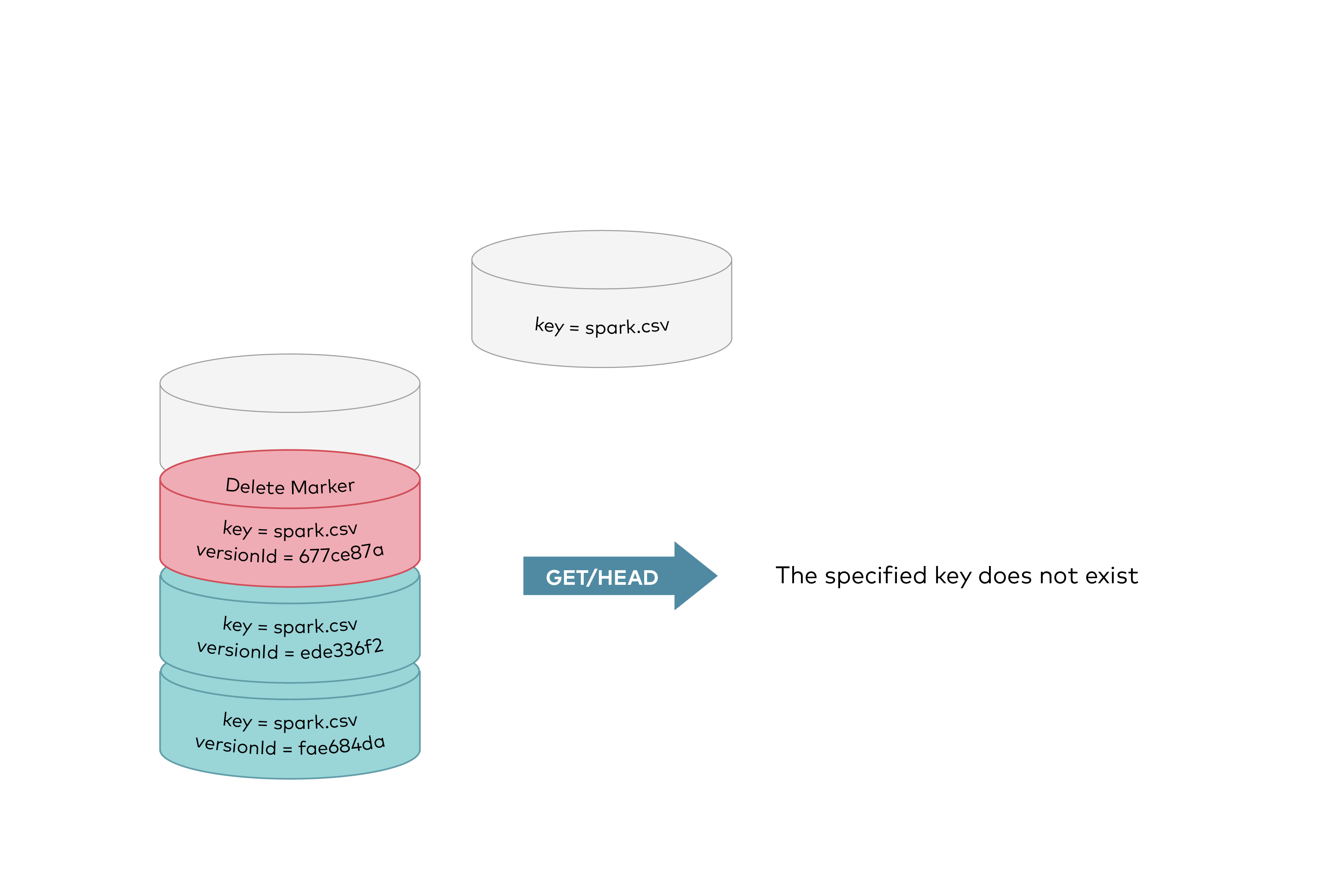- Sort Score
- Result 10 results
- Languages All
Results 691 - 700 of 970 for world (0.02 sec)
-
src/main/resources/fess_label_pt_BR.properties
labels.facet_contentLength_5m=5MB - labels.facet_filetype_title=Tipo de arquivo labels.facet_filetype_html=HTML labels.facet_filetype_word=MS Word labels.facet_filetype_excel=MS Excel labels.facet_filetype_powerpoint=MS PowerPoint labels.facet_filetype_odt=ODF Word labels.facet_filetype_ods=ODF Planilha labels.facet_filetype_odp=ODF Apresentação labels.facet_filetype_pdf=PDF labels.facet_filetype_fb2=FictionBook
Registered: Thu Sep 04 12:52:25 UTC 2025 - Last Modified: Thu Jul 10 04:56:21 UTC 2025 - 45.1K bytes - Viewed (0) -
okhttp/src/commonJvmAndroid/kotlin/okhttp3/internal/-HostnamesCommon.kt
// The WHATWG Host parsing rules accepts some character codes which are invalid by // definition for OkHttp's host header checks (and the WHATWG Host syntax definition). Here // we rule out characters that would cause problems in host headers. if (c <= '\u001f' || c >= '\u007f') { return true } // Check for the characters mentioned in the WHATWG Host parsing spec:Registered: Fri Sep 05 11:42:10 UTC 2025 - Last Modified: Wed Mar 19 19:25:20 UTC 2025 - 11.2K bytes - Viewed (0) -
docs/bucket/versioning/README.md
Now the delete marker becomes the current version of the object. GET requests by default always retrieve the latest stored version. So performing a simple GET object request when the current version is a delete marker would return `404` `The specified key does not exist` as shown below: 
Registered: Sun Sep 07 19:28:11 UTC 2025 - Last Modified: Tue Aug 12 18:20:36 UTC 2025 - 12K bytes - Viewed (0) -
android/guava/src/com/google/common/escape/CharEscaper.java
* (such as an XML document). Typically (but not always), the inverse process of "unescaping" the * text is performed automatically by the relevant parser. * * <p>For example, an XML escaper would convert the literal string {@code "Foo<Bar>"} into {@code * "Foo<Bar>"} to prevent {@code "<Bar>"} from being confused with an XML tag. When the
Registered: Fri Sep 05 12:43:10 UTC 2025 - Last Modified: Thu Feb 13 15:45:16 UTC 2025 - 6.7K bytes - Viewed (0) -
android/guava/src/com/google/common/base/Throwables.java
* directly, or use a combination of {@link #throwIfUnchecked} and {@code throw new * RuntimeException(e)}. But consider whether users would be better off if your API threw a * different type of exception. For background on the deprecation, read <a * href="https://github.com/google/guava/wiki/Why-we-deprecated-Throwables.propagate">Why weRegistered: Fri Sep 05 12:43:10 UTC 2025 - Last Modified: Thu Aug 07 16:05:33 UTC 2025 - 20.6K bytes - Viewed (0) -
android/pom.xml
tests themselves and not the code being tested that needs that access, though there's no obvious way to ensure that. We could consider arranging things so that only the tests we know need this would get the add-opens. Right now that doesn't seem worth the effort, though. --> <test.add.opens> --add-opens java.base/java.lang=ALL-UNNAMED --add-opens java.base/java.util=ALL-UNNAMED
Registered: Fri Sep 05 12:43:10 UTC 2025 - Last Modified: Thu Sep 04 21:35:58 UTC 2025 - 24.3K bytes - Viewed (0) -
okhttp/src/commonJvmAndroid/kotlin/okhttp3/CacheControl.kt
/** * This field's name "only-if-cached" is misleading. It actually means "do not use the network". * It is set by a client who only wants to make a request if it can be fully satisfied by the * cache. Cached responses that would require validation (ie. conditional gets) are not permitted * if this header is set. */ @get:JvmName("onlyIfCached") val onlyIfCached: Boolean, @get:JvmName("noTransform") val noTransform: Boolean,
Registered: Fri Sep 05 11:42:10 UTC 2025 - Last Modified: Fri Dec 27 13:39:56 UTC 2024 - 10K bytes - Viewed (0) -
src/main/java/jcifs/smb1/smb1/ACE.java
* descriptor ACEs: * <pre> * Allow WNET\alice 0x001200A9 Direct * Allow Administrators 0x001F01FF Inherited * Allow SYSTEM 0x001F01FF Inherited * </pre> * the access check would fail because the direct ACE has an access mask * of <code>0x001200A9</code> which doesn't have the * <code>FILE_WRITE_DATA</code> bit on (bit <code>0x00000002</code>). Actually, this isn't quite correct. If
Registered: Sun Sep 07 00:10:21 UTC 2025 - Last Modified: Sat Aug 16 01:32:48 UTC 2025 - 8.8K bytes - Viewed (0) -
src/test/java/jcifs/EmptyIteratorTest.java
// When & Then - verify empty collection behavior assertFalse(emptyIterator.hasNext(), "Empty iterator should have no next element"); // Note: Standard Iterator would throw NoSuchElementException, but this implementation returns null // This is a design choice for this specific implementation assertNull(emptyIterator.next(), "This implementation returns null instead of throwing");Registered: Sun Sep 07 00:10:21 UTC 2025 - Last Modified: Thu Aug 14 05:31:44 UTC 2025 - 12K bytes - Viewed (0) -
src/main/java/jcifs/netbios/NbtAddress.java
* * The degree of state that an NbtAddress has is dependant on how it was * created and what is required of it. The second degree of state is the * most common. This is the state information that would be retrieved from * WINS for example. Natrually it is not practical for every NbtAddress * to be populated will all state requiring a Node Status on every hostRegistered: Sun Sep 07 00:10:21 UTC 2025 - Last Modified: Sat Aug 16 01:32:48 UTC 2025 - 15.1K bytes - Viewed (0)